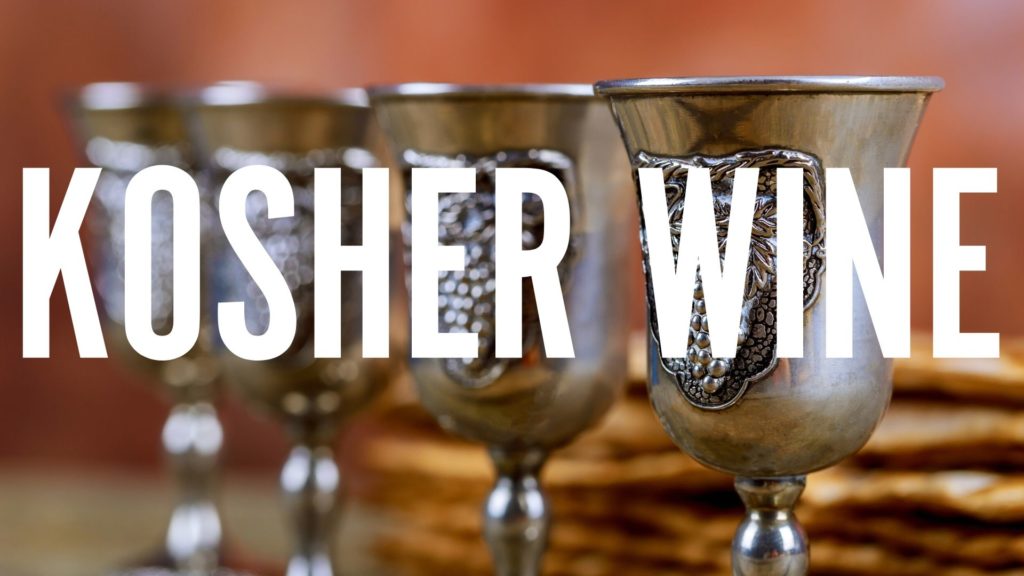DiVino may earn commissions from qualifying purchases.
Are There Good Kosher Wines?
DiVino may earn commissions from qualifying purchases.
Back in the day Kosher wine meant one of two things: Kedem or Manischewitz. Either way it was cloyingly sweet, barely alcoholic and tasted more like grape juice than wine, and most often came served out of paper cups during the synagogue Kiddush.
In the same way rosé has fought to overcome its reputation as a cheap, sweet wine, Kosher wine has had to prove itself to the world.
Thankfully they’ve done it! Nowadays you can get great Kosher wines for under $20 and exceptional Kosher Bordeaux, Kosher Burgundy and Kosher Champagne. All certified.
Check out two of our recommendations on video HERE, and read on to learn more about what Kosher wine is, the history or Kosher wine, and some recommended wines to try from all over the world.
Where to find Kosher Wine Online
Kosherwine.com and Jwines.com have an incredible and diverse selection of Kosher wines from all over the world. Even Wine.Com has a pretty good selection, just make sure you add Kosher to your search.
What is Kosher Wine?
Kosher wine is made in exactly the same way regular wine is made. The difference is that only religious Jews who follow Kashrut (Kosher dietary) rules and observe the Sabbath are allowed to handle the wine from start to finish.
How is Kosher Wine Made?

Just like non-Kosher wine, the grapes are harvested and crushed, and then fermented in stainless steel vats or wooden barrels. After aging they are filtered, fined, bottled. The whole process is overseen by Rabbi or otherwise authoritative scholar on Kashrut law and regulations.
It also means that the wines have not come into contact with animal-derived products used in the fining process, like gelatin, egg albumin, and casein. Fun fact, almost all Kosher wines are vegan! In some cases egg albumin is permitted, so strict Vegans should double check the label.
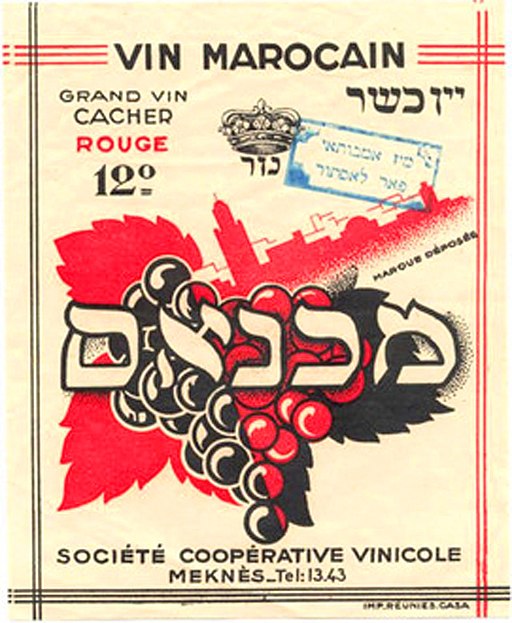
A History of Kosher Wine
The Jewish people have one the world’s most ancient and regimented wine traditions. Wine is integral to every holiday feast and is consumed on a near regular basis as part of the Shabbat ritual at home as well as the Kiddush following services at the synagogue.
Prior to the Roman conquest and the subsequent exile and Jewish diaspora, the culture and its rituals were largely inspired by agrarian tradition. The Jewish calendar follows the lunar cycles, and many holidays coincide with planting harvest.
After the Diaspora Jews found themselves scattered throughout the world, often without a plot of land to grow food and raise animals, let alone plant a vineyard. They learned to make wine with whatever fruit was available. They adhered to Kashrut at every step of the way and thus the wine, no matter how bad it tasted, could be used in religious rituals.
American Kosher Wine Brands
Manischewitz and Kedem Are the two most famous brands of Kosher of wine in the USA. When Jews migrated to North America at the turn of the century they found plentiful vineyards featuring Concord grapes along with other hybrids grape varieties belonging to the species Vitis Labrusca. Unlike Vitis Vinifera grape varieties, which comprise most traditional wine grapes, Vitis Labrusca produces musky, animalic notes often referred to as “foxy” in wine parlance.
Winemakers found it was easier to mask the musky aromas by producing sweeter wines. This made them more palatable for everyday ritual use. And hence a style of American Kosher wine was born. Despite the modern backlash against sweet wines, they are both still beloved in traditional circles.
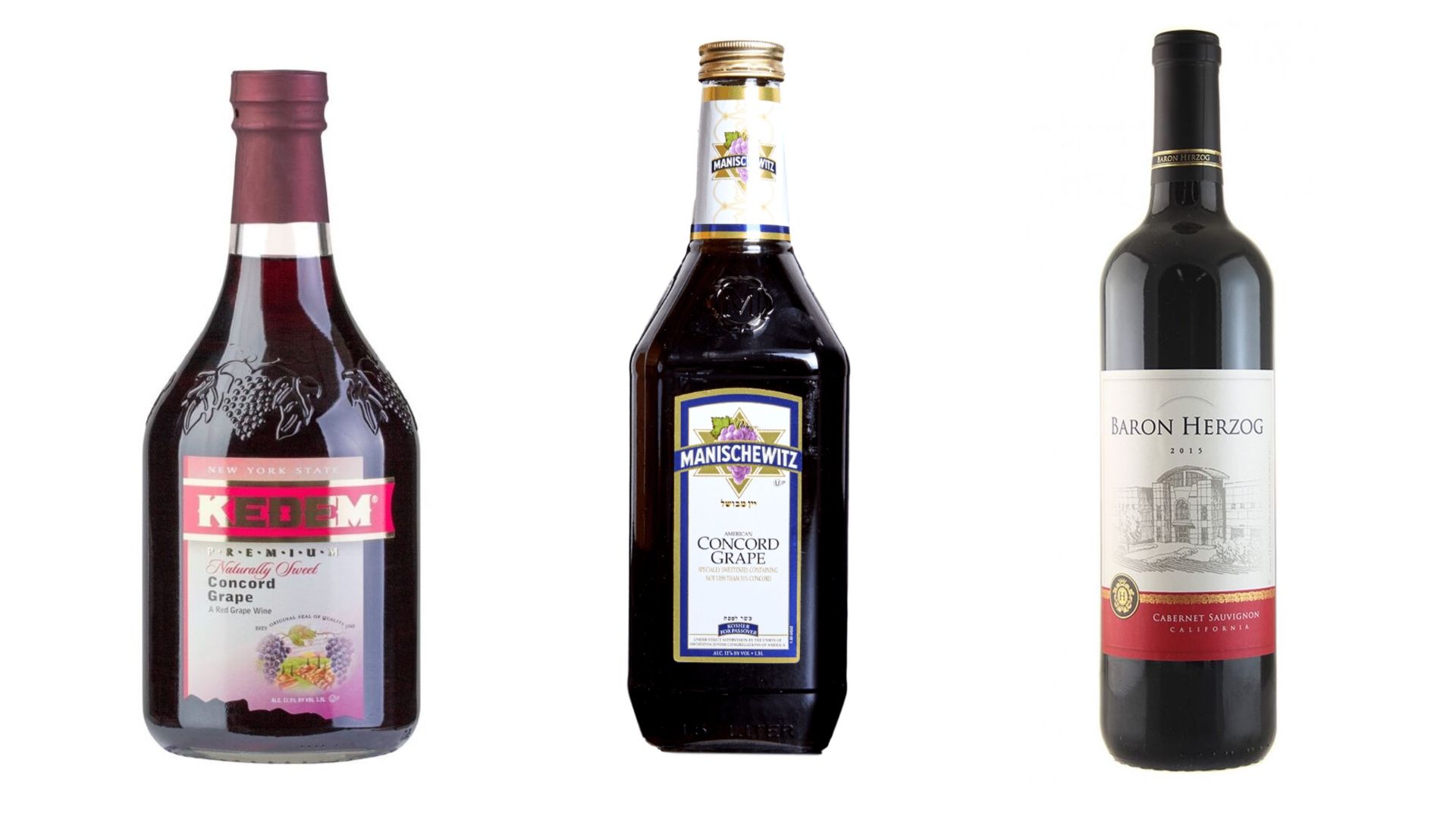
Modern Kosher Wine
In 1985, David Herzog established his operations in California, and the Baron Herzog label was born. With 150 years of winemaking experience in the family, they work with 25 grape varieties sourced from vineyards throughout California. Several of their Kosher wines are dry as well and cost less than $15.
Only recently has the market for dry and elegant Kosher wines seen a surge. There are now reputable Kosher certified wineries producing stellar wines at a variety of price points all around the world. Today you can find Kosher great wines from Israel, France, Italy, Spain, South African, Argentina and the United States among others. Check out some of our reviews in this guide to Kosher wines from around the world.
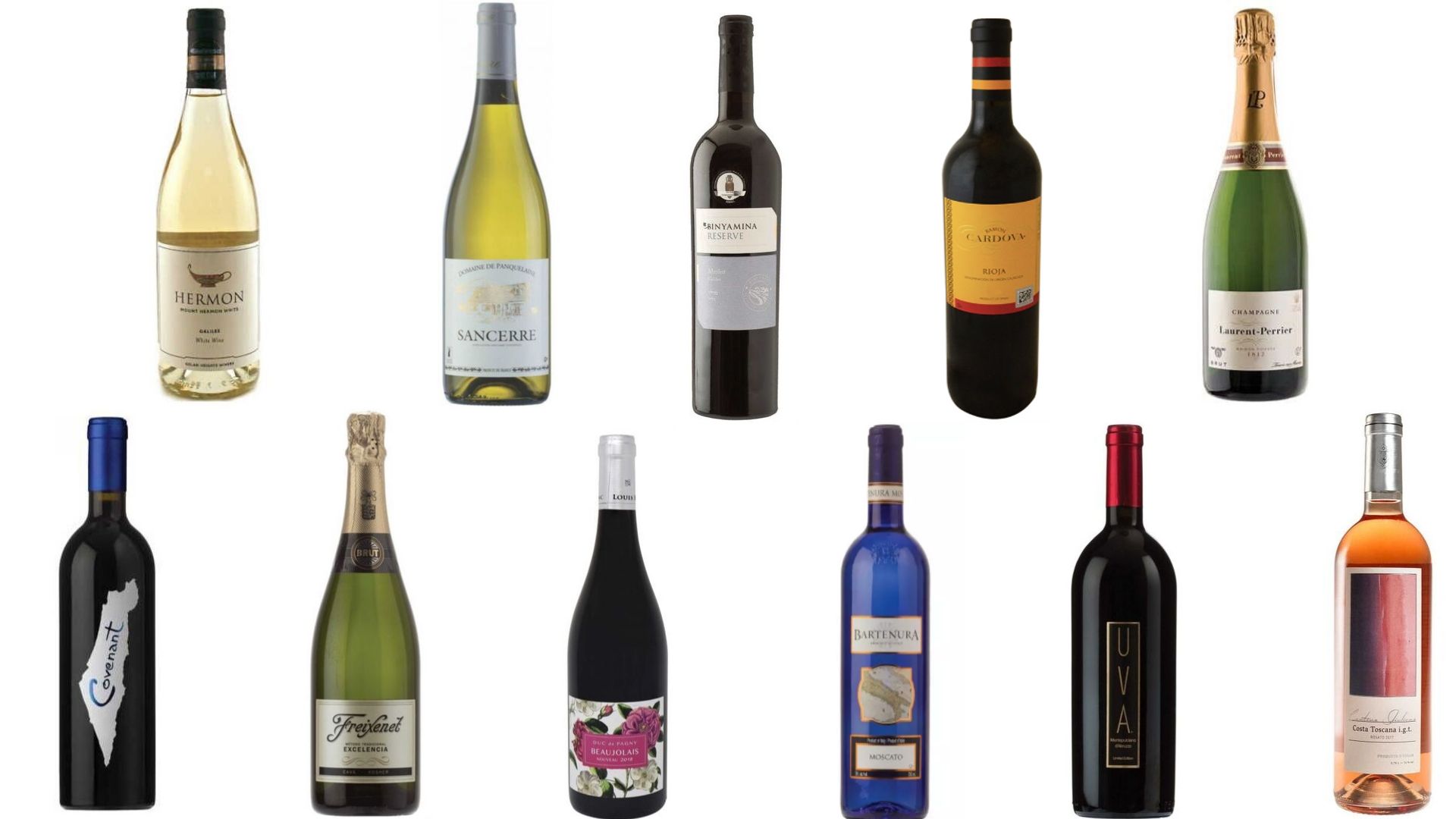
What is Kosher for Passover?
Wine that is described as “kosher for Passover” means that throughout the winemaking and bottling process the wine must be never come into contact with chametz (leavened foods) or kitnios, a more esoteric definition that includes potentially leavened or processed legumes, grains, and seeds like corn, sunflower and poppy seeds.
What is Mevushal Kosher Wine?
What’s the difference between Kosher wine and Mevushal Kosher Wine?
In Hebrew Mevushal translates to “boiled” or “cooked.” The designation was born as a way of making it possible for non-observant people to handle the wine while maintaining its Kosher status, for example at Kosher restaurants where the staff does not necessarily observe Kashrut law. The concept draws on ancient notions that boiled wine was considered unfit for idolatrous rituals, therefore should an idol-worshipper happen to touch the kosher wine, it could still be considered kosher.
Overheating the grapes or the wine would ruin aromas and the drastically reduce the quality of the wine. Modern practice allows a flash pasteurization of the grapes followed by an immediate refrigeration which has proven to maintain most of the delicate aromas and flavors while having little effect on the overall quality of the wine. That said, the absolutely highest quality ( and often most expensive) Kosher wines are not Mevushal.
Mevushal can be delicious.
Check out this video review of two Mevushal Kosher wines!

